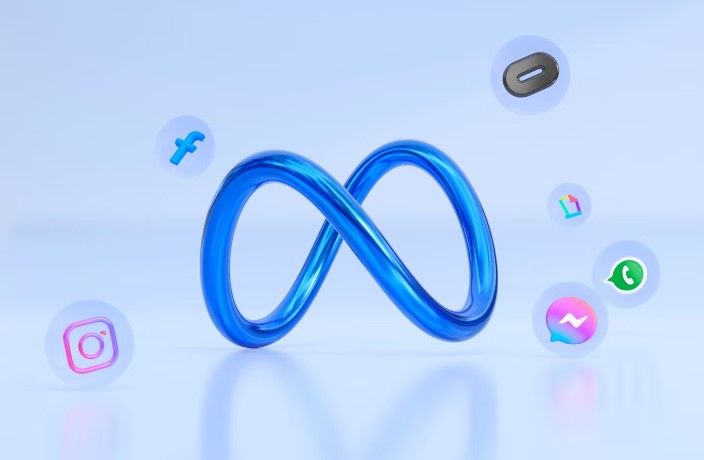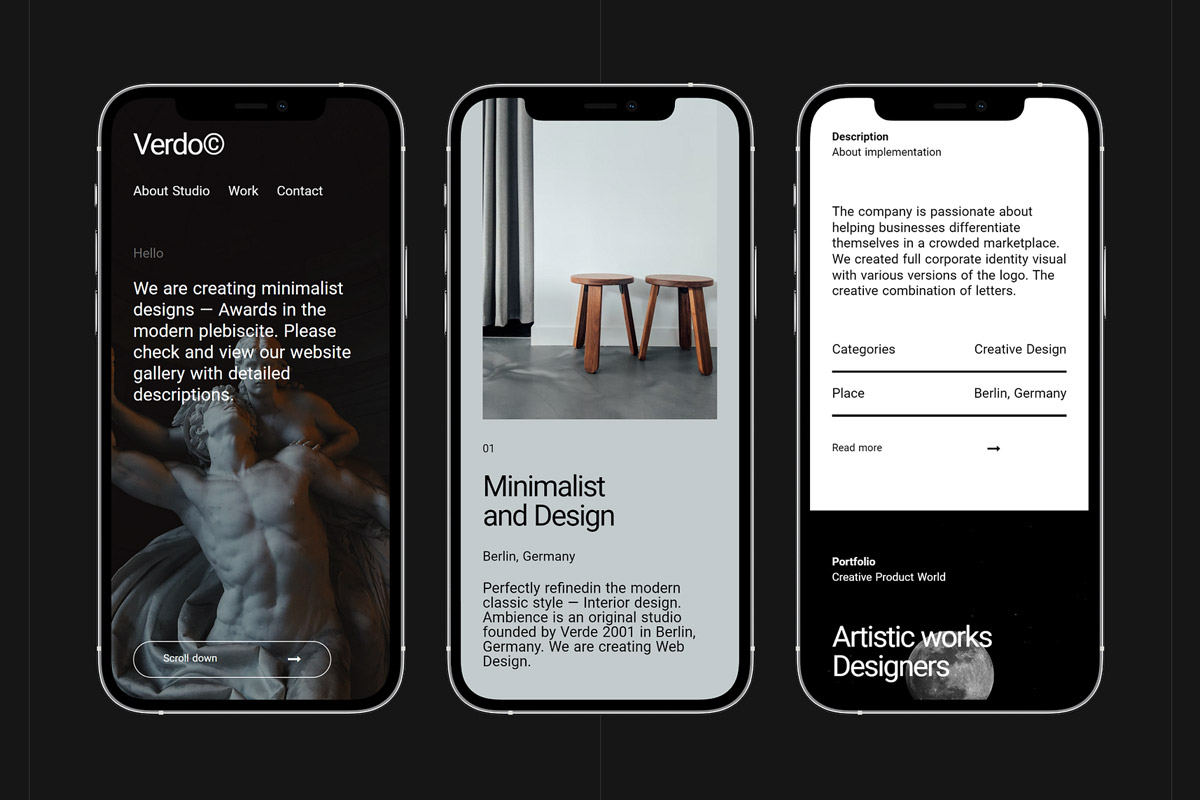Keep messaging clear and benefit-driven for Google Ads, targeting active search intent. Use bold, emotional visuals for Meta Ads to capture scrolling attention.
Meta and Google Ads
Google Ads: Focuses on high-intent users actively searching for products or solutions, making it ideal for demand capture. When users type queries like “best running shoes,” your ads appear exactly at the moment they are ready to purchase.
Meta Ads: Primarily targets users based on interests, behaviors, or demographic data, making it suitable for demand generation and brand awareness. Users are browsing casually, not actively searching.
Work Done Details
Time Frame:
1 Week
Need:
Google Ads account , Email, Facebook Page , Facebook Ads account.
Involvement:
Web Interface, Prototyping

Meta and Google Ads Overview
Meta Ads operate across Facebook, Instagram, Messenger, and its Audience Network, focusing on demand generation through interest and behavior-based targeting. Meta excels in visually rich ad formats such as Stories, Reels, Carousel, and video ads that engage users while they browse social media. It uses detailed audience segmentation including demographics, interests, behaviors, and life events, enabling brands to build awareness and nurture customer relationships over time. Meta Ads typically have a lower cost per click (CPC), making them attractive for brand building and engagement campaigns, especially in lifestyle, fashion, food, and direct-to-consumer sectors. The focus is on community-driven engagement and long-term brand recall.
Google Ads focus on capturing demand by connecting businesses with users actively searching for products or services. It covers search ads, display ads, YouTube video ads, and shopping ads across the Google ecosystem. Google Ads leverage intent-driven targeting using keywords, contextual signals, and in-market audience segments to reach high-intent buyers. It often has a higher CPC but delivers stronger conversion rates thanks to this intent-based targeting. Google Ads is especially effective for businesses needing immediate conversions, like real estate, healthcare, education, B2B, and tech sectors. Recent AI-powered automation enhances keyword optimization and bidding strategies to improve performance further.

Solution
Meta Ads and Google Ads offer complementary digital marketing solutions: Meta focuses on visually engaging, interest-based targeting across social platforms like Facebook and Instagram to build brand awareness and customer engagement, while Google Ads targets high-intent users actively searching for products or services through keyword-based search and display ads, aiming for direct conversions. Meta ads typically have lower cost-per-click and excel in demand generation, whereas Google Ads usually have higher CPC but deliver better immediate conversion rates due to user intent, making both essential for a balanced full-funnel advertising strategy in 2025
- Cross-Platform Reach: Meta Ads run across Facebook, Instagram, Messenger, Threads, and Audience Network, allowing advertisers to reach billions of users with one campaign.
- AI-Powered Optimization: Meta employs machine learning to automatically optimize bidding, targeting, and creative delivery, improving ad performance based on real-time data.
- Advanced Targeting and Engagement: Advertisers can use detailed audience targeting (interests, behaviors, demographics) combined with new conversational ad formats (like Click-to-WhatsApp) to drive direct engagement and conversions.
Results
Meta (Facebook/Instagram) ads often deliver lower cost per click and are stronger at building awareness and engagement, while Google Ads tend to yield higher intent traffic and better conversion rates from users actively searching. When used together—Meta to generate interest and Google to capture it—you can often see stronger overall ROI and a smoother user funnel.